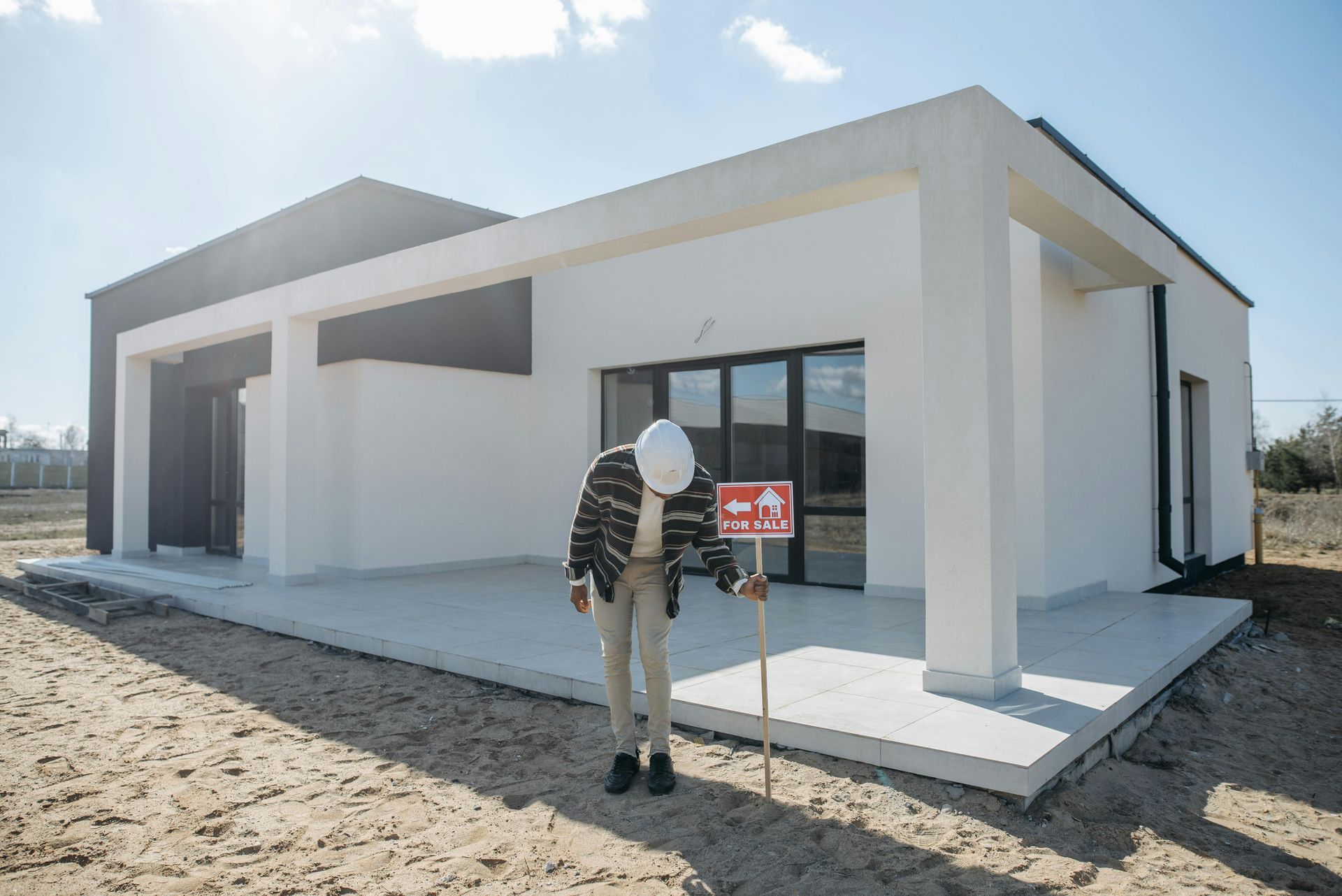Short-Term Rental Regulations in Hilton Head Island, SC
Short-Term Rental Regulations in Hilton Head Island, SC: Rules & Requirements to Know

As short-term rentals become increasingly popular across the country, Hilton Head Island has implemented regulations to maintain the balance between its vibrant resort areas and residential neighborhoods. Whether you're an investor, homeowner, or property manager, understanding these regulations is crucial for operating legally and ensuring a positive experience for guests and neighbors alike. This guide will take you through the key requirements for getting a vacation rental license in Hilton Head, SC.
Key Requirements for Short Term Vacation Rentals
| Requirement | Details |
|---|---|
| Short-Term Rental Definition | Rentals less than 30 days; applies to condos, villas, and single-family homes, but not timeshares or hotels. |
| Permit Fee | $250 per property (2024) |
| Business License Fee | $10 annually |
| Taxes | 11% tax on gross rental income (5% state sales, 2% state accommodations, 2% town beach preservation, 1% town accommodations, 1% county green space tax) |
| Responsible Agent | Must be available on-site or able to respond within 1 hour of complaints. |
| Noise Regulations | Quiet hours between 10 PM and 7 AM; enforced 24/7. |
| Trash & Parking | Must provide designated trash areas and inform guests about parking spaces. |
| Zoning | No restrictions imposed by the Town; may vary by HOA or property owner associations. |
What Is a Short-Term Rental in Hilton Head, SC?
In Hilton Head, a short-term rental is defined as any residential property that is rented for less than 30 days. This includes condominiums, villas, and single-family dwellings. However, it’s important to note that timeshares and hotels are not classified under this ordinance.
The increasing popularity of platforms like Airbnb and VRBO has prompted the Town to regulate short-term rentals to maintain a balance between tourist areas and residential zones. These regulations ensure that short-term rental properties integrate well with the community, support the local economy, and offer a high-quality experience for visitors.
Why Did Hilton Head Adopt a Short-Term Rental Ordinance?
As a thriving resort destination, Hilton Head Island has seen a significant increase in short-term rental properties. This influx led to challenges in balancing the needs of local residents with those of visiting tourists. In response, the Town adopted a Short-Term Rental Ordinance to:
- Manage the impact of rentals on local neighborhoods.
- Preserve housing stock for long-term residents.
- Ensure proper use of public facilities.
- Enhance quality of life for both residents and visitors.
The ordinance went into effect in January 2023, and all property owners offering short-term rentals are required to comply.
Requirements for Operating a Short-Term Rental
To operate a short-term rental in Hilton Head, property owners must follow a series of steps to obtain the necessary permits and licenses. These requirements ensure that rentals comply with local laws and regulations designed to protect the community.
1. Business License
Before you can apply for a short-term rental permit, you must first obtain a Town of Hilton Head Property Rental Business License. The process involves:
- Paying an annual fee of $10.
- Completing the business license application and submitting it with the required documentation, such as Articles of Incorporation or Partnership Agreements for business entities.
- For out-of-state entities, you’ll need to obtain a Certificate of Authorization from the SC Secretary of State.
2. Short-Term Rental Permit
Once you’ve secured a business license, you must apply for a Short-Term Rental Permit. Each property being rented out for less than 30 days requires a permit, which must be renewed annually. The permit fee for 2024 is $250 per property.
The application process includes:
- Site plans for single-family homes to show designated parking areas and trash storage.
- Meeting zoning and building codes to ensure safety and proper management of the property.
- Ensuring compliance with noise, trash, and parking regulations, which we’ll detail in later sections.
3. Zoning Restrictions for Short-Term Rentals
In Hilton Head, there are no location restrictions imposed by the Town regarding where short-term rentals can operate. This means that short-term rentals can be located across the Island, from beachfront properties to more residential areas.
However, keep in mind that private homeowner associations (HOAs) and property owner associations (POAs) may impose their own rules. Some communities may prohibit or restrict short-term rentals within their boundaries, so it’s essential to confirm with your HOA or POA before listing your property.
4. Taxes and Fees Associated with Short-Term Rentals
Operating a short-term rental in Hilton Head comes with several tax obligations. Property owners are responsible for collecting 11% in taxes on gross rental income. The breakdown is as follows:
- 5% State Sales Tax
- 2% State Accommodations Tax
- 2% Town Beach Preservation Fee
- 1% Town Accommodations Tax
- 1% Beaufort County Green Space Tax
If you manage the rental property yourself, you’ll be required to handle tax collection and remittance. Alternatively, you can work with a South Carolina Licensed Property Manager, who can collect and remit the taxes on your behalf.
Example of Tax Calculation:
For a rental property generating $100,000 in gross rental income, the taxes would be:
- $100,000 x 5% = $5,000 (State Sales Tax)
- $100,000 x 2% = $2,000 (State Accommodations Tax)
- $100,000 x 2% = $2,000 (Beach Preservation Fee)
- $100,000 x 1% = $1,000 (Town Accommodations Tax)
- $100,000 x 1% = $1,000 (Green Space Tax)
Total Taxes: $11,000
5. Responsible Agent Requirements
One of the unique aspects of Hilton Head’s short-term rental ordinance is the Responsible Agent Requirement. This is designed to ensure that each rental property has someone available to manage complaints, emergencies, or issues during a guest’s stay.
Here’s what you need to know:
- A responsible agent (either the owner or a designated representative) must be available by phone at all times during the rental period.
- The agent must be able to respond to complaints or emergencies within one hour.
- Contact information for the responsible agent must be prominently displayed inside the rental property, ensuring that guests and authorities can easily reach them if necessary.
This requirement helps maintain a balance between accommodating tourists and respecting the needs of local residents, ensuring that short-term rentals don’t disrupt the surrounding neighborhood.
6. Noise, Trash, and Parking Regulations
Hilton Head has specific rules in place to manage the impact of short-term rentals on local neighborhoods. Property owners must adhere to these regulations to maintain their permit.
Noise Regulations
The Town enforces strict noise control measures:
- Quiet hours are between 10 PM and 7 AM.
- Noise regulations are enforced 24 hours a day. Property owners must inform guests of these rules in advance, and the regulations must be displayed prominently inside the rental property.
Trash Regulations
Trash management is another key requirement:
- Owners must maintain a designated trash storage area, which must be fenced or screened so that trash containers aren’t visible from the street.
- Trash containers should be placed at the curb no earlier than 24 hours before pickup and removed no later than 24 hours after pickup.
- Clear trash removal instructions must be provided to guests, including pick-up times and any rules from homeowners’ associations.
Parking Regulations
Parking is often a concern in residential areas with short-term rentals, so the Town enforces strict parking guidelines:
- Owners must inform guests in writing of the maximum number of vehicles allowed at the property before finalizing the rental agreement.
- Each parking space must be at least 9 feet by 18 feet and must be on an improved surface (such as pavement).
- Off-street parking (on the grass, sidewalk, or street) is not permitted.
By complying with these regulations, property owners can ensure that their rental doesn’t negatively impact the surrounding community, while also providing a better guest experience.
7. Inspection Requirements for Short-Term Rentals
Hilton Head does not require property inspections for short-term rental permits, which simplifies the application process for owners. However, owners must ensure that their property complies with the town’s fire and building codes. This includes:
- Smoke and Carbon Monoxide Detectors: Every short-term rental must have fully operational smoke and carbon monoxide detectors, as required by law.
- Fire Extinguishers: Properties must have at least one fully operable and charged fire extinguisher. Larger properties may require more than one based on local building codes.
- Escape Routes: Owners must ensure that all escape routes are unobstructed, allowing guests to exit safely in case of a fire.
While formal inspections aren’t required, property owners should conduct regular maintenance and inspections to avoid safety risks and ensure compliance with the ordinance.
8. Occupancy Limits for Short-Term Rentals
Currently, Hilton Head does not enforce specific occupancy limits for short-term rentals. However, it’s important for property owners to monitor any changes to local regulations, as the town may introduce limits in the future. Property owners should always check for updates on Hilton Head’s official website or sign up for notifications about ordinance changes.
If you are managing a rental, consider setting your own occupancy limits based on the property’s size and amenities to avoid overcrowding and maintain guest comfort.
9. Insurance Requirements for Short-Term Rentals
Hilton Head does not mandate specific insurance for short-term rentals beyond what is typically required for homeowners. However, it’s highly recommended that owners maintain a comprehensive insurance policy that includes:
- Liability coverage to protect against accidents or injuries that occur on the property.
- Property insurance to cover potential damages to the structure and contents caused by guests.
While this is not a requirement of the ordinance, having robust insurance coverage will help mitigate risks and protect your investment.
10. Duration and Renewal of Short-Term Rental Permits
Short-term rental permits in Hilton Head are valid from January 1st to December 31st each year, regardless of when the permit is obtained. This means that even if you acquire a permit mid-year, it will expire on December 31st.
Renewals are required annually, and the process involves submitting a new application along with the $250 permit fee. It’s important to stay up to date on your permit renewal to avoid any disruptions in your rental operations.
11. Taxation Policies for Airbnb and VRBO Hosts
If you manage your rental property through platforms like Airbnb or VRBO, it’s essential to understand Hilton Head’s taxation policies. While some platforms offer assistance with tax collection, Hilton Head does not allow Airbnb or VRBO to remit taxes on behalf of hosts.
Instead, property owners must:
- Collect the 3% Local Accommodations Tax and remit it directly to the Town of Hilton Head Island.
- Ensure that all taxes, including state sales tax, accommodations tax, and the beach preservation fee, are properly collected and paid.
Property owners are encouraged to use accounting software or work with a licensed property manager to handle tax compliance efficiently. Learn more about Home Team's Airbnb management and vacation rental management services >
Final Thoughts
Navigating the short-term rental regulations in Hilton Head is crucial for anyone looking to rent out their property or buying vacation rental property. By following the guidelines set by the town, including obtaining the proper licenses, paying taxes, and adhering to safety and zoning regulations, you can ensure a smooth and profitable rental experience.
The adoption of the short-term rental ordinance has helped balance the influx of tourists with the needs of local residents, preserving Hilton Head’s unique charm and quality of life for everyone. If you’re looking for expert assistance in managing your property, consider exploring Hilton Head Island vacation rental management services. Home Team Vacation Rentals offers comprehensive management solutions tailored to ensure compliance and profitability.
If you own properties elsewhere in the state, check out our South Carolina short-term rental management services, which provide expert support for managing rentals across various locations.
More Regulations in South Carolina
- Short-Term Rental Regulations in Isle of Palms, SC
- Short-Term Rental Regulations in Charleston, South Carolina
Works Cited
- Hilton Head Island, Town of. "Business License Application for Short-Term Rentals." Hilton Head Island, Town of Hilton Head Island, https://hiltonheadislandsc.gov/forms/business/PropertyRentalBusinessLicenseApp.pdf.
- ---. "Short-Term Rental Ordinance." Hilton Head Island, Town of Hilton Head Island, 2022, https://hiltonheadislandsc.gov/short-termrentals/docs/STROrdinance2022-08.pdf.
- ---. "Short-Term Rental Regulations FAQ." Hilton Head Island, Town of Hilton Head Island, https://hiltonheadislandsc.gov/short-termrentals/faq/.
- ---. "Zoning and Land Management Ordinances." Hilton Head Island, Town of Hilton Head Island, https://hiltonheadislandsc.gov/development/zoning.cfm.
Categories: Investor, South Carolina



